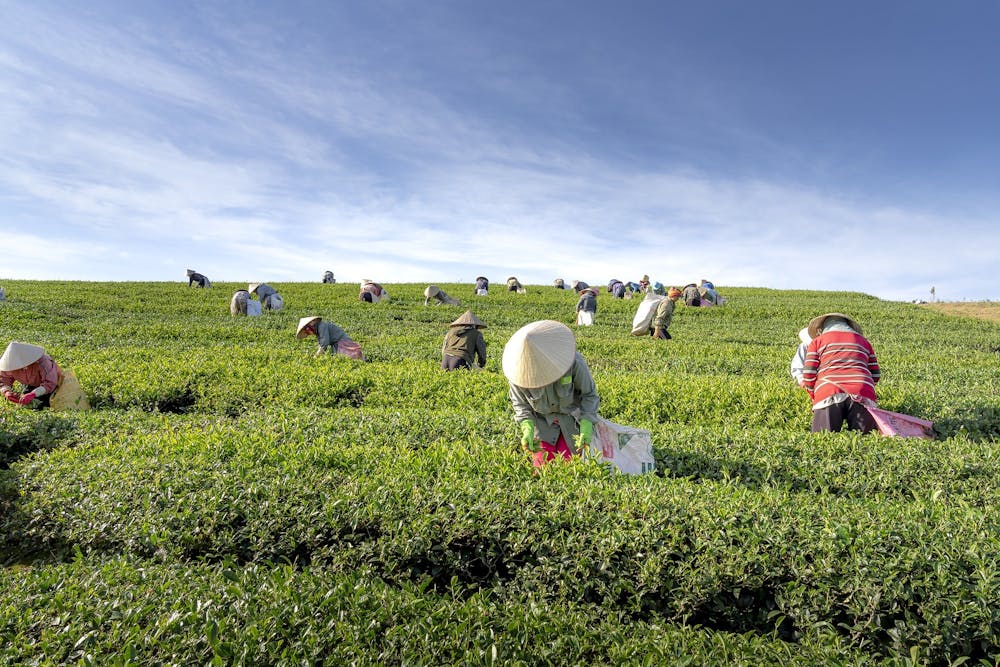People are always concerned about health. Climate change has many noted health effects, but this is rarely the focus of discussions of climate change.
According to the Centers for Disease Control and Prevention, some of the main health concerns related to climate change include air pollution, declining water quality, diseases, food security and mental health issues. These don’t even encompass all of the ways that climate change affects our health. In this week’s column, I will be looking specifically at how climate change impacts air pollution, diseases and food security.
As I discussed in my last article, air pollution is a big area of concern for many health officials. According to the World Health Organization (WHO), health effects due to polluted air kill seven million people every year. In addition to this, the WHO reports that around one-third of the deaths caused by strokes, lung cancer and heart disease can be attributed to air pollution. Different pollutants include particulate matter, which is a result of fuel combustion and road traffic, nitrogen dioxide, sulphur dioxide and ozone.
Particulate matter is particularly concerning. The effect that particulate matter has on our health is dependent on the size of the particles. Finer and smaller particles are more dangerous than larger particles, because they can more easily enter into a person’s lungs and bloodstream. The lodging of such particles can lead to serious health issues such as asthma, bronchitis and cardiac arrhythmias.
The means of transmissions of disease, also known as vector ecology, is affected by climate change. Vectors are essentially vehicles that carry disease-causing agents to a host, which they infect, including insects that transmit diseases. For example, the vector for malaria is the anopheline mosquito. There are certain vector-borne diseases that are climate-sensitive, so changes in climate will affect the way that the diseases are transmitted.
One of the many effects that climate change can have on weather patterns is increased precipitation. Because some vectors have aquatic developmental stages, higher precipitation and wetter weather in general can lead to a higher number of vectors, which increases the risk of disease transmission through vectors.
Two such diseases include malaria and dengue, both of which are deadly diseases that kill millions of people per year and whose vectors are supported by greater precipitation. Climate change will likely aggravate these concerns if not addressed.
One other way in which climate change affects human health is through food security. Food security refers to an individual’s ability to access quality food. According to the U.S. Department of Agriculture, there are four main levels of food security: They range from high, which is an absence of any limitations to food access, to low, which is characterized by disrupted eating patterns and reduced food intake.
Climate change can impact food security by affecting factors like food production, food quality, food prices and crop yields. For example, food production and quality is affected by the changing weather.
Variations in weather patterns such as temperature, atmospheric carbon dioxide and extreme weather affect crop production. Lower crop production also may lead to higher crop prices, which makes food less accessible to those living on a limited income.
The nutritional value of crops is also affected by climate change. Increased carbon dioxide levels and decreased plant nitrogen lead to decreased protein in barley, soy and other plants. Crop yields are also affected by an increased level of pests, as discussed in vector-related diseases, which may lead to farmers using more pesticides. Pesticides can contain toxic chemicals which can harm farmworkers and could eventually get into the food that we buy.
These are just some of the health factors that are affected by climate change. We need to be aware of the health effects because if we don’t combat climate change now, these issues could get even worse.





